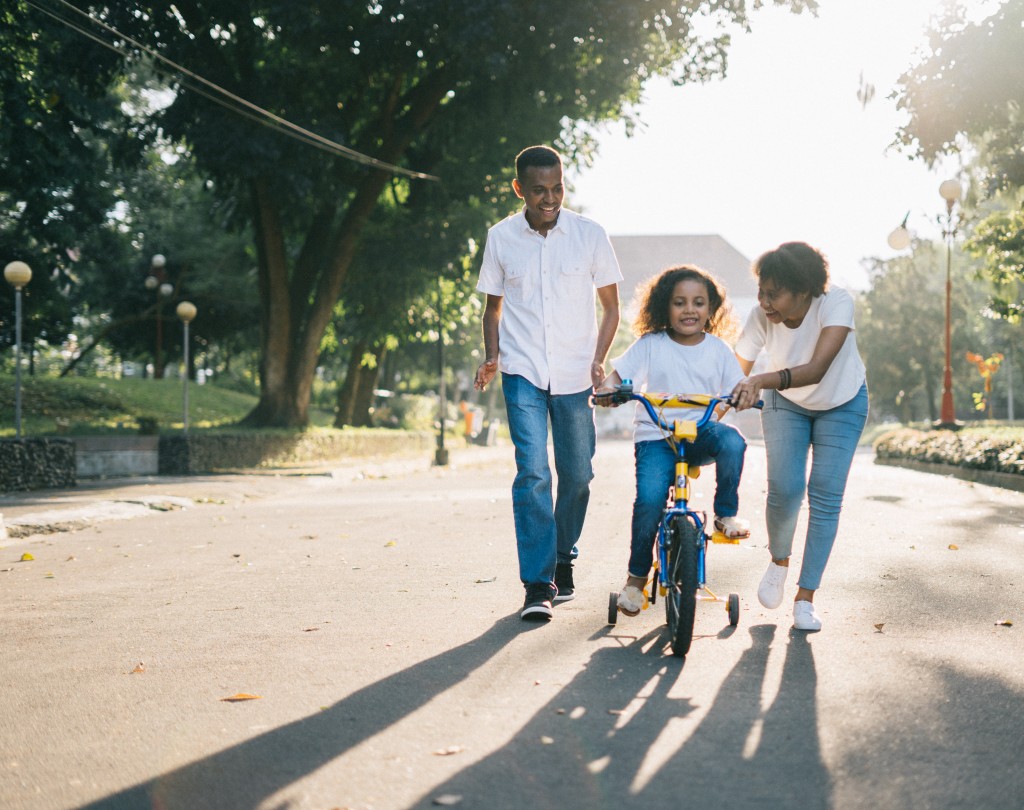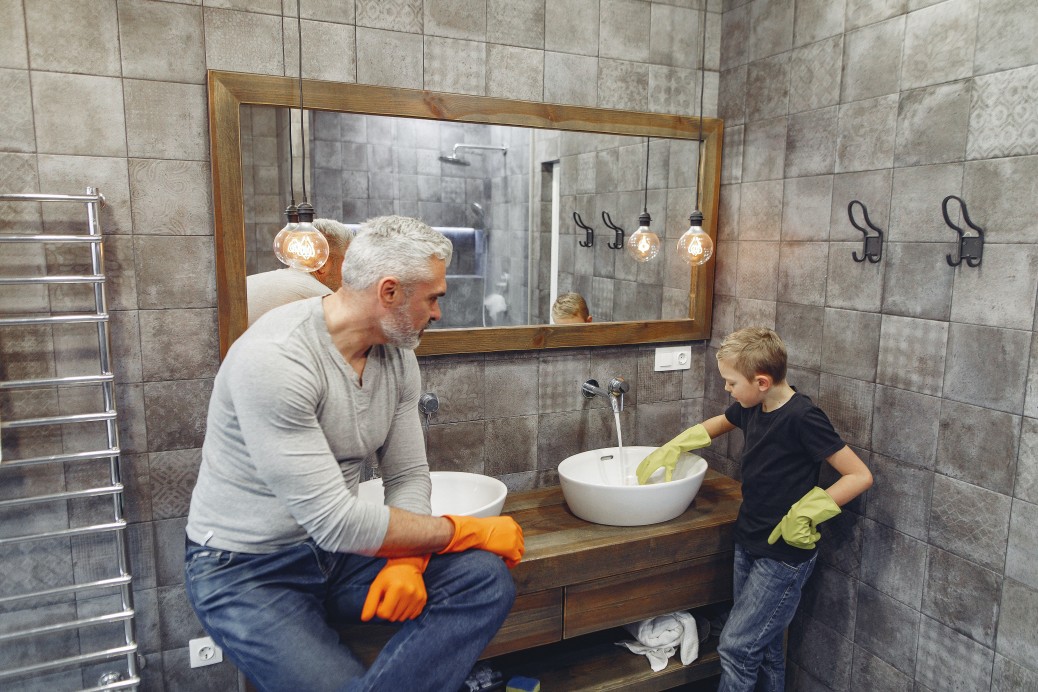Dr. Chinwe’ Williams shares her expert advice on conversations with your children. This is first in a two part series.
We’re all navigating uncertain and challenging times. Schools are closed and parents are balancing working from home, childcare, and homeschooling their kids in assignments on unfamiliar digital platforms and in subjects that are outside of their areas of strength nor comfort.
With social distancing practices in place, physical and social interaction is limited or non-existent.
Millions of adults are now facing job loss or employment insecurity. Small businesses are suffering and so is the economy.
Financial stress can exacerbate feelings of anxiety and helplessness, and such economic insecurity can place adults at risk for increased mental and emotional distress.
Such abrupt changes can feel unsettling. During times of chaos and uncertainty, such as the current COVID-19 outbreak, fear and anxiety are often amplified.
Below are strategies that can help you navigate stress and worry amid global uncertainty.
Recognize Common Reactions
The world as we know it is rapidly changing. Anxiety, fear, restlessness, difficulty concentrating, and increased irritability are all common reactions to sudden and profound changes. When worry is excessive, we can feel it in our bodies too. You might experience physical signs of anxiety that include muscle tension or pain, stomach and/or headaches. Life disruptions can mimic feelings of loss, and can affect us both mentally and physically. However, it is important to note that anxious feelings is normal for everyone and occasional bouts of anxiety does not meet criteria for an anxiety disorder.
Parent Cue Podcast
Limit Media Exposure
In times of crisis information is invaluable. It can also be overwhelming. With rapidly shifting news cycles, there will be more questions and not very many new answers. Media coverage during a crisis can increase feelings of anxiety. Limit media exposure as much as possible—and be mindful of your sources of information. Be sure to seek reputable and expert-sourced sites such as the Centers for Disease Control and Prevention (CDC) and World Health Organization (WHO).
Maintain Routines
Whether you are working from home or not working at all, try to set a routine. We are facing so much that isn’t normal, it’s important to maintain some sense of normalcy. Set a regular time for waking up, getting dressed, eating your meals, and going to bed. Maintaining normal routines creates a sense of safety, which is especially important during times of uncertainty.
Do Something Fun

When struggling with anxiety and worry, we can easily lose sight of the activities that once brought us enjoyment. If you are spending most of your time working indoors, it is easy to feel sad and isolated—even if others are around. Plan to engage in activities that once brought some degree of pleasure: listen to music, dance, watch a comedy special or cook your favorite food. Prioritizing fun activities is valuable during uncertain times because it can fuel laughter, which generally decreases stress.
If you have kids at home, understand that children take their cues from the important adults in their lives and depend on those adults to help them navigate their own emotions. As uncertain as things are, enjoy this time with your family. Reading and watching videos together are great temporary escapes from life’s worries. Netflix has a treasure trove of entertaining movies and documentaries available for the entire family.
Be sure to include activities that engage your mind as well as your body. Get outside when possible. Physical activity is beneficial because it helps to lower stress and calm anxious minds.
Chinwé Williams, PhD is a Board-Certified and Licensed Professional Counselor (LPC) in the state of Georgia. She has served as a counselor educator, supervisor, and an executive coach. Her expertise lies in the areas of trauma recovery, enhancing resilience, and wellness. She has taught at Georgia State University, University of Central Florida, and Rollins College. Dr. Chinwé currently speaks and writes in the areas of stress and anxiety management and wellness. https://meaningfulsolutionscounseling.com/
Dr. Chinwe’ Williams is also a featured contributor for Parent Cue. Head over to Parent Cue to read more of her insights. Follow on Twitter @drcuwilliams



